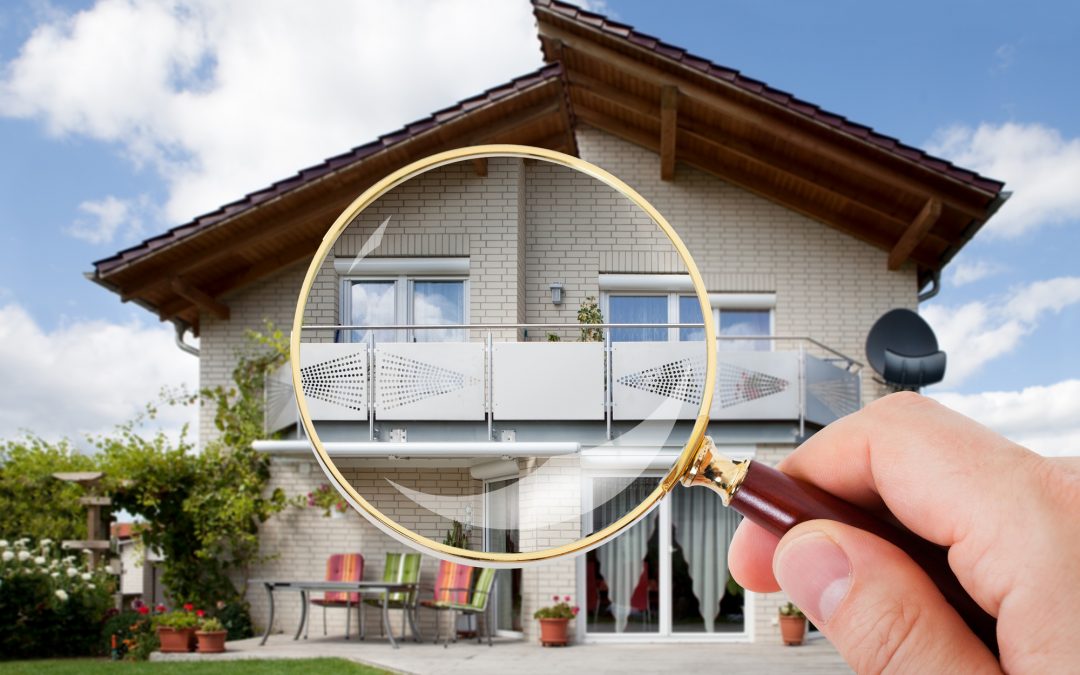If you’ve decided to purchase a new house, there’s a good chance you’re a bit nervous about the home inspection. The last thing you want to discover is a major problem that requires immediate repair.
However, a general home inspection is an essential step in the home buying process. It helps you better understand the potential repairs the house will need down the road. An inspection can also help you negotiate a lower price.
If this is your first time, you may be wondering what happens during a home inspection. To help you get a handle on the process, we’re going over what’s needed from you and what you can expect.
Preparing for the Inspection
An inspection is your chance to learn as much about the home as possible. However, you’ll need to do a bit of preparation beforehand.
First, you should understand that depending on the size of the home, an inspection can last several hours. Make sure you schedule enough time to be there for the entire duration.
It may also be a good idea to have your agent there as well. They’ve been through the process many times and know what will affect the selling price of the house.
You’ll need to have a look at the property disclosures. They may alert you to any known problems with the home.
You should also make a list of any questions prior to the inspection. A good inspector can give you some insight into things you may be unsure of concerning the house.
The Inspection Process
The purpose of a general home inspection is meant to pinpoint problems with major components of the home you may not be aware of. This is why your offer on the house should be contingent on the outcome of the inspection. You can then back out of the deal if there are major issues.
During the process, an inspector will do a thorough walk-through of the house, evaluating it in detail. They’ll then generate a report, which outlines the condition of the home.
Let’s go over some of the major components that the inspector will evaluate.
The Roof
A home’s roof is what protects it from the elements and adds to its structural integrity. Your inspector will examine it to determine its overall condition.
From the ground, they can check for sagging, gutter damage, or any shingle problems. They may also need to access the roof with a ladder if they feel there could be additional issues.
The inspector is looking for major damage that would necessitate costly repairs or replacement.
The Electrical System
Aside from checking for safety issues, an inspector will evaluate the electrical system for a number of other things. They’re looking for bad connections, overloaded breakers, or overrated fuses.
They also check that everything works properly. This means going from room to room and testing the lights along with any electric fixtures.
Plumbing
As a new homeowner, the last thing you want to deal with is a serious plumbing issue.
Your inspector will examine the plumbing system, looking for any leaks or faulty components. They’ll do this on both the inside and outside of the house.
This means checking toilets, sinks, spigots, and bathtubs. They’ll test each component to ensure it works properly.
An inspector will also look for signs of leaks or water damage. This could indicate the need for pipe repair or replacement.
The Foundation
Most homebuyers dread the thought of a home having foundation issues, as these are costly to fix. Foundation issues can also create other damage throughout the house.
Your inspector will look for signs of foundation issues around the perimeter of the home. They’ll also check the interior for signs such as cracks in the walls or water damage in basements.
The HVAC System
Another important part of the inspection involves checking the HVAC system. Your inspector will look at the outside unit along with the interior functionality.
Checking this component involves turning on the system to ensure everything works. This includes central air, a furnace, and other components such as heated flooring.
Many inspectors will turn on the unit when they arrive and let it run during the inspection.
The Inspection Report
After the inspection is complete, your inspector will create a report. This includes a checklist as well as summaries concerning any issues. It may even contain photographs.
The report will also provide estimates of the remaining lifespans of major components. It may also contain any recommendations for replacements or repairs you should consider.
It’s important you keep this report and make copies, especially if you need to negotiate for a lower price based on issues the inspection uncovered.
What Inspectors Won’t Do
A general home inspection is an evaluation. Your inspector will examine the house for issues they can see, but won’t go as far as tearing out walls to discover unseen problems.
It’s also not the inspector’s job to determine if the home is up to local codes. They may be able to give you their opinion, but you may need to get other professionals involved if there’s a question about code issues.
Furthermore, it’s not the inspector’s job to let you know if the home is worth the asking price. However, the inspection will give you a good idea of whether some negotiation needs to take place.
Get Peace of Mind With a General Home Inspection
Buying a home is an exciting experience. This is the beginning of a new chapter for you and your family.
It’s also a very stressful process, which means no stone should get left unturned. Fortunately, a general home inspection will help provide peace of mind and instill you with confidence if further negotiations need to take place.
We provide home inspections for home buyers in the North East Ohio region. Schedule your inspection today.

